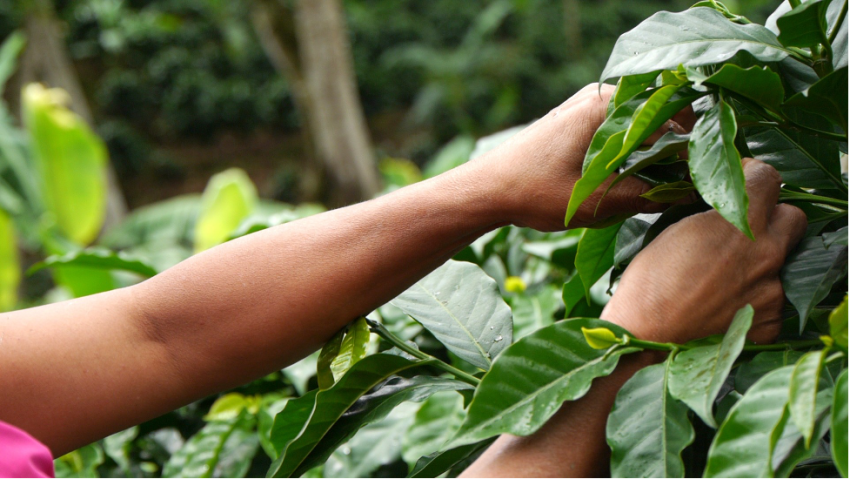Samenwerking Taaly en OpenEmbassy: een inspirerende stap naar inclusievere integratie en inburgering
Streven naar radicale systeemverbetering…

Artikelen
In addition to previous research about the influencing role of Dutch social enterprises on the mainstream business community, a recent executed study shows that social enterprises across the Dutch borders also focus on activities to accelerate sustainable transitions in business industries.

Gepubliceerd op 28 april 2021
In line with the view that ‘small actions can lead to big change’ and previous published work of Social Enterprise NL on the influencing role of Dutch social enterprises, an additional research report shows that not only Dutch, but also social enterprises on a global scale engage in activities to accelerate sustainable transitions in business industries. Social enterprises founded in Europe, North-America, Australia and Asia are included in this study of former colleague Dagmar Heerts. It outlines multiple worldwide ways for social enterprises to influence the transition towards more sustainable and inclusive business models of other (larger) businesses.
Various tactics to achieve top-down change are mentioned by social entrepreneurs such as Harish Hande, founder and CEO of SELCO India. His social enterprise motivates own employees to take a seat on the boards of other companies to influence decision-making processes. Other shared tactics focus on changing mindsets of business leaders from passive to reactive by confronting them with societal issues during real life experiences such as trips and tours and through visualizing the consequences of choices that businesses make. OLIO, a social enterprise headquartered in London that connects neighbors with each other and with local businesses so surplus food can be shared instead of thrown away, for example uses this last tactic to show the huge amount of food that is wasted by businesses.
Focusing on top-down approaches such as advocating, lobbying and campaigning for regulatory changes and influencing mindsets of business leaders from larger corporations is not considered the only strategy to achieve change. This study shows that social enterprises also engage in bottom-op activities to influence this transition. This is for example done by educating children, youth and consumers and by empowering local communities through providing them with the right resources to take part in these transitions as well. Examples vary from financial resources to sharing knowledge and practices about sustainable business practices. Australian social enterprise Food Connect for instance created a local food hub that is owned by the community so that everyone has access to fresh, healthy and ecologically grown food. It encourages and supports young farmers to start a business, co-op or any other type of organization that focusses on local food production while allowing them to become autonomous entrepreneurs.
While offering language learning programs and professional translation services to organizations and individuals delivered by refugees, social enterprise NaTakallam tries to deconstruct the image of refugees constantly being the people that need to be helped or that are unqualified. To change people’s views, the social enterprise focusses on providing them with upskilling work rather than engaging them in ‘cooking and cleaning’ jobs.
We see ourselves as a living laboratory where our woman entrepreneurs are on the ground, demonstrating this clean energy transition. In many of the communities we're working in, they're transitioning from kerosene to solar for lighting. We're demonstrating that everyone needs to make this transition even at the most remote communities, and that for purposes of justice and equality, making sure everyone everywhere has access to clean energy is important.Katherine Lucey , Founder and CEO Solar Sister
Other type of activities include: actively being an example, providing concrete (technological) alternatives and raising transparency regarding certifications and labels. To illustrate, Wize Coffee Leaf - a North American social enterprise that makes tea from coffee leaves and thereby creates year-round jobs for coffee farmers instead of three months per year - argues that businesses should not only use coffee beans, but also coffee leaves for products to create more income for farmers. By setting the standard in this new and blossoming industry while providing local communities with alternative sustainable revenue sources, the social enterprise actively convinces other businesses to use coffee leaves for their products through either their own supply chain or in cooperation with Wize Coffee Leaf. The social enterprise has already introduced the use of coffee leaves to other tea, beer and kombucha companies.
Meld je aan voor onze nieuwsbrief!